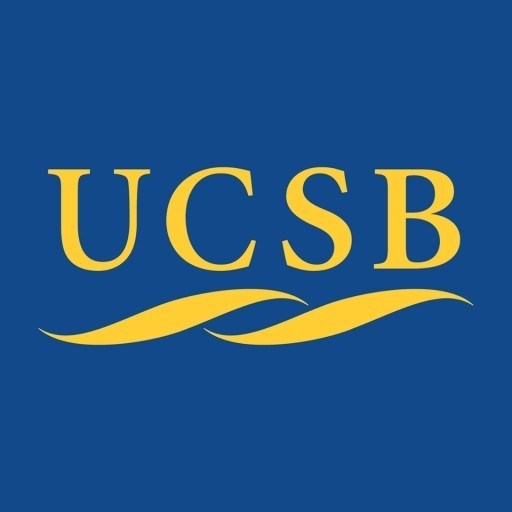Photos of university / #ucsantabarbara
The M.A. program in East Asian Languages & Cultural Studies emphasizes advanced language training as the foundation for research on East Asian cultures. The philosophy of the M.A. program is to provide students with a solid foundation in one or more East Asian languages in addition to broad opportunities for cross-cultural and multi-disciplinary studies of East Asian traditions and modernities. Coursework concentrates on the humanities, including history, literature, religious studies, anthropology, linguistics and the arts, as well as social and cultural anthropology and sociology. Students progress through a sequence of mandatory core seminars that provide a shared foundation in key methodological and theoretical issues in the academic study of East Asia.
Two tracks of study are available. The academic track (Plan 1) is designed for students who will go on to pursue the Ph.D. The professional track (Plan 2) is for students who will go into careers in business or government or combine their M.A. with other professional degrees. Students in Plan 1 write a thesis; students in Plan 2 take a comprehensive examination.
Academic Track, PLAN 1:
Plan 1 is the academic track, intended for students who go on to pursue the Ph.D. It requires a total of 60 units of coursework in Chinese, Japanese, or East Asian Cultural Studies, and 12 units of thesis work. The 60 units will come from a combination of graduate or upper division courses on the country of specialization, advanced modern language, classical language, and courses outside the country of specialization. The thesis should demonstrate the student’s ability to do original research using sources in Chinese, Japanese, or Korean.
Professional Track, PLAN 2:
Plan 2 is intended for students who will go on to careers outside of academia. It requires 64 units of coursework in Chinese, Japanese, or East Asian Cultural Studies, and 8 units for the comprehensive exams (a total of 72 units). The 64 units will come from a combination of graduate or upper division courses on the country of specialization, advanced modern language, classical language, and courses in other departments (economics, communications, etc.) commensurate with the student’s career goals. Under this plan, a comprehensive examination is substituted for the thesis. Candidates will be examined in two fields to be determined in consultation with an advisory committee.
Requirements
- Online application: https://www.graddiv.ucsb.edu/eapp
- Statement of Purpose, Personal Achievements/Contributions, Resume or CV, and Writing Sample (submitted in the online application)
- Three Letters of Recommendation (submitted online)
- Official transcripts from all post-secondary institutions attended (submitted online)
- GRE General test scores
- TOEFL scores 550 Paper-Based Test (PBT), 80 Internet-Based Test (IBT) or IELTS (International English Language Testing System) Overall Band score of 7 or higher (if applicable)
- Final/Official transcripts will be required for all applicants who are admitted and have indicated their intent to enroll at UC Santa Barbara by submitting a Statement of Intent to Register (SIR). UC Santa Barbara reserves the right to require official transcripts at any time during the admissions process, and rescind any offer of admission made if discrepancies between uploaded and official transcript(s) are found.
Want to improve your English level for admission?
Prepare for the program requirements with English Online by the British Council.
- ✔️ Flexible study schedule
- ✔️ Experienced teachers
- ✔️ Certificate upon completion
📘 Recommended for students with an IELTS level of 6.0 or below.
Scholarships
Fellowships & Departmental Block Grants
Fellowship support in a variety of forms is available for particularly strong candidates. Qualified incoming students in the humanities will be considered for one-year small-department Regents’ Fellowships, which award $14,000, fees and tuition; and for Junior Fellowships from the Interdisciplinary Humanities Center, which awards up to $2000. Qualified incoming and continuing students who are U.S. citizens, will also be considered for the Foreign Language and Area Studies Fellowships, which include a $14,000 stipend and 100% payment of tuition and/or fees. The Department of East Asian Languages and Cultural Studies also offers a Kenneth Pai Fellowship which provides full financial support annually to one student working on Chinese literature. Additional department funding is available through small block grants of varying amounts which can be used for fees and/or tuition. These funds are available to qualified new and continuing students. All fellowships are disbursed by the Graduate Division.
Student Academic Appointments
Most financial support for graduate students in East Asian studies comes from teaching assistantships. Students are responsible (with supervision) for teaching a variety of East Asian language courses at various levels. Teaching assistantships currently provide a stipend, fee offset and health insurance for the academic year. Graduate students might also be appointed as readers for the department.








